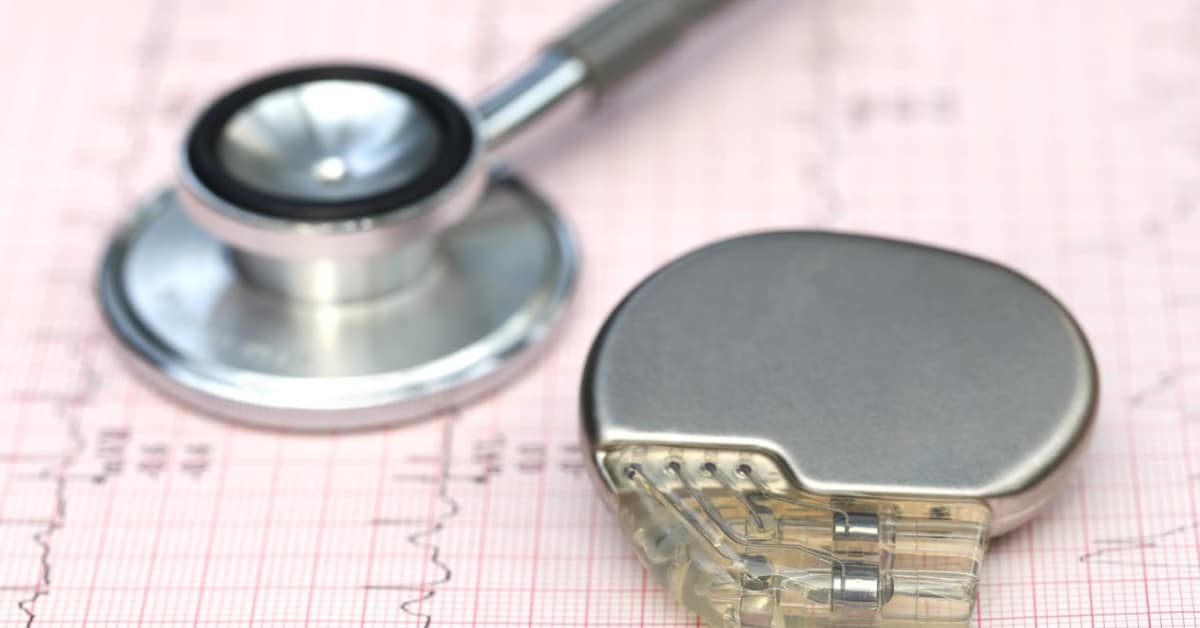Compared to a few decades ago, millions of individuals now have access to infinitely more life-saving medical devices. Many of these devices operate without problems and allow patients to live a much healthier life. However, every year, the Food and Drug Administration (FDA) recalls dangerous medical devices for different types of defects that can harm patients. Since 2008, over two million injuries and more than 80,000 deaths have occurred due to defective medical devices.
After Being Injured By a Defective Medical Device
Certain steps will help preserve proof and assist in the future advancement of a defective medical device lawsuit. Below is a list of these steps:
- See your physician – A patient injured by a defective medical device may feel hesitant to seek further medical care. Still, the injury might not be directly related to the doctor’s previous care. Recovery can hinge on a physician’s intervention. A determination can be made about whether the existing symptoms are possibly due to a particular medicine or medical device. Perhaps a change of medication or a different medical device that will not cause harm can remedy the situation. Additionally, the doctor could prescribe an entirely different treatment that will promote recovery.
- Preserve the device – If possible, save all of the packaging, informational inserts, and documentation along with the medical device itself. If the device has been surgically implanted and afterward removed, contact the hospital to have the item safely kept for retrieval. This piece of evidence can be crucial for a case.
- File a claim with your insurance – Be sure to file all medical procedures, doctor visits, and treatments with your medical insurance or Medicare. Proceed with any prescribed procedures, treatments, and medications to help ensure the best outcome possible.
- Research the device – In addition to consulting with the physician regarding any known complications surrounding the medical device, check for possible warnings on the FDA’s website. If the medical device has harmed many individuals, there will likely be a forum ordered by the government to file a claim against the device manufacturer. There may also be an existing class-action lawsuit, which is an efficient way to assist many claimants in pursuing a negligent manufacturer’s legal compensation.
- Schedule a free consultation with an attorney – The rigorous process of proving a medical device is defective requires the skills of an experienced attorney who has handled similar cases. The circumstances must be investigated and evaluated thoroughly to determine and prove fault and liability. The right legal representative will also have access to expert witnesses who can corroborate the defect.
Notify the FDA
The government does not look lightly upon defective medical devices. Anyone who feels that a device is defective should immediately contact the U.S. Food and Drug Administration. At the FDA’s request, physicians, patients, and caregivers will have to report any defect to MedWatch. If the medical device is deemed defective by the FDA, the agency can fine the manufacturer and even press them to recall it. The outcome of any investigation may prove beneficial to a victim for showing the manufacturer’s liability.
Some Potential Areas of Liability
In certain instances, a medical device might not be inherently defective from the start. A physician’s actions could have been responsible for the malfunction of a device. Take, for example, the following scenarios:
- A doctor fails to sterilize a medical device properly.
- A doctor inserts or implants a medical device incorrectly.
- A doctor does not adequately monitor an implanted medical device to help ensure it is properly functioning.
- A doctor knowingly implants a defective medical device.
To cover up a foreboding problem, some manufacturers may try to hide any knowledge of a defect and pretend nothing is wrong with the device rather than recall the product. It inevitably leads to more patients suffering while the product remains in use and on supply store shelves. The FDA is tasked with issuing product recalls removing a defective device from the market. Unfortunately, this procedure is usually a last resort, leading to thousands of more patients being harmed before the medical device gets removed.
Types of Medical Devices
Among the most common defective medical devices causing injury or death are:
- Breast implants – Silicone gel or saline-filled breast implants designed to alter women’s breasts. These products have been linked to anaplastic large cell lymphoma (BIA-ALCL), an uncommon cancer of the immune system.
- Defibrillators and pacemakers – To aid in controlling abnormal heart rhythms, these small devices are implanted, however many lawsuits have been filed claiming that these products are faulty and malfunction.
- Contraceptive devices – IUDs, such as Paragard, are implanted to help prevent pregnancy. Lawsuits filed against Paragard manufacturers claim that the device breaks when removed from the body and migrates to different parts of the body.
- Heart stents – These small implants help keep coronary arteries open to help reduce the potential for a heart attack. In recent years, many heart stents have been recalled from the market.
- Hip implants – This procedure involves surgically implanting an artificial replacement for a patient’s hip. Countless patients were implanted with metal-on-metal implants and had to undergo revision surgery to stop the metal components from poisoning the surrounding tissue or repair implants.
- Transvaginal mesh – This medical device is a net-like implant used to treat pelvic organ prolapse and urinary incontinence in women. Thousands of women have filed claims against the manufacturers claiming side effects such as mesh erosion, organ perforation, and infection.
Filing a Defective Medical Device Lawsuit
Defects in medical devices fall within a variety of three separate types: design, manufacturing, and marketing. If the design was flawed straight from the drawing board, the blueprint shows it. If the device’s flaw happened during the manufacturing process, not every one of the items that came off the assembly line has the defect. If a device was marketed falsely or did not include proper warnings about use, this constitutes a marketing flaw.
A qualified, skilled attorney can help prove liability by demonstrating that one or more entities in the supply chain had a duty of care to the victim but breached it. Further, this breach then caused an injury, and the injury directly resulted from the breach.
Were You Injured By a Defective Medical Device?
The Eichholz Law Firm is committed to helping victims injured by a defective medical device to find justice and receive financial compensation.
Speak with our legal team for a free case evaluation.

